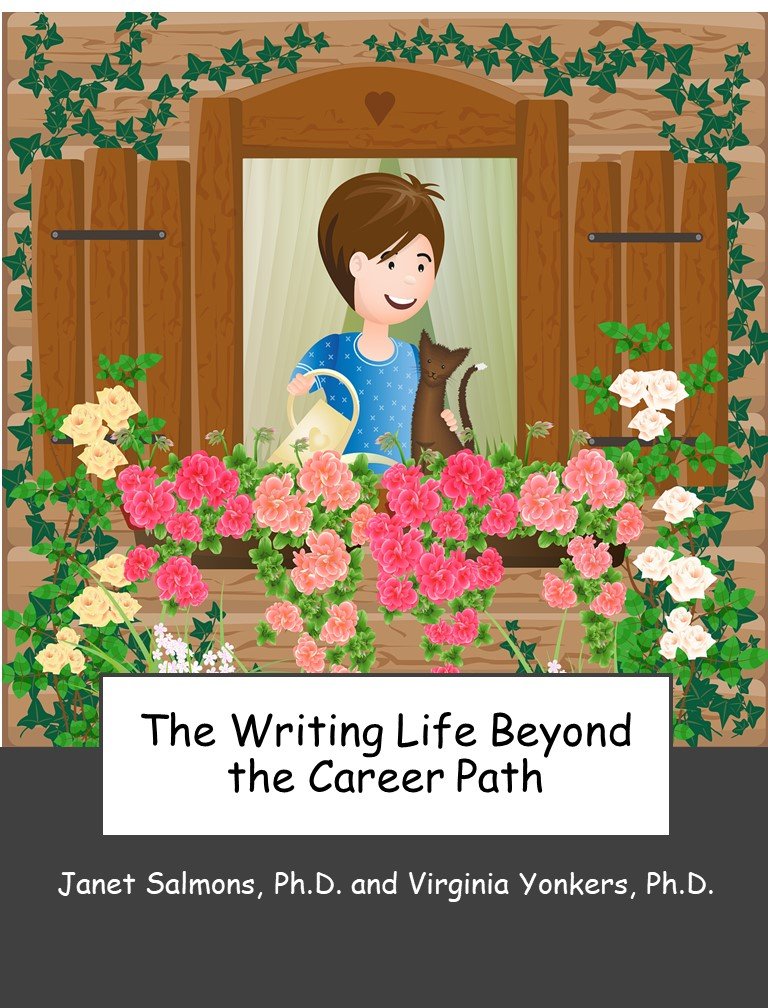How to Create a Research Agenda and Personal Academic Brand: Webinar Recording
You are thinking about the problems and questions you want to study, but how can you make a career plan that works?
Register for future webinars! Find descriptions and sign up here.
Developing a research career can seem overwhelming! This webinar focused on two inter-related questions: finding one’s identity as a researcher and finding/communicating one’s place in the world. Hosted by Methodspace Research Community Manager Janet Salmons and featuring panelists Mark Carrigan and Jessica Sowa, the webinar provided practical advice and key steps to help you move forward with confidence.
Dr. Mark Carrigan is pioneering digital sociologist. He is a Lecturer in Education at the University of Manchester where he is programme director for the MA Digital Technologies, Communication and Education (DTCE) and co-lead of the DTCE Research and Scholarship group. He’s the author of Social Media for Academics, published by Sage and now in its second edition. He is currently writing Generative AI for Academics which will be released next year. Learn more at https://markcarrigan.net.
Professor Jessica Sowa’s research focuses on public and nonprofit management, with an emphasis on the management of human resources (HRM) in public and nonprofit organizations, organizational effectiveness, and collaboration. Sowa’s work has been published in a number of public and nonprofit journals. Current projects include a textbook on public and nonprofit human resource management, research on public leadership, executive succession in nonprofit organizations, volunteer management in fire departments, and HRM in local government. She serves on the editorial board of a number of journals in public administration and public human resource management. She is the editor-in-chief of the Review of Public Personnel Administration.












Thinking about new beginnings in a new year? Perhaps it is a time to think abut what makes work meaningful to you, and how those priorities influence career choices. Reflect on these open-access readings about meaningful work.